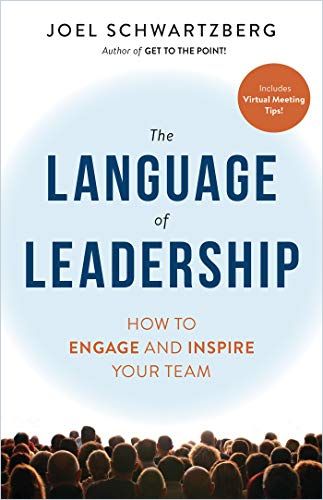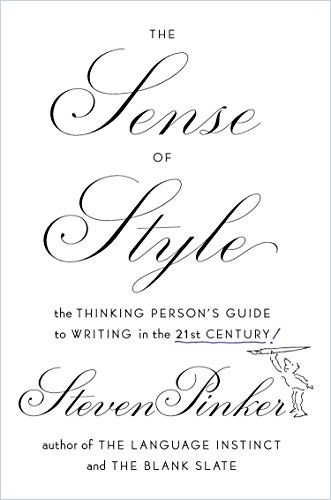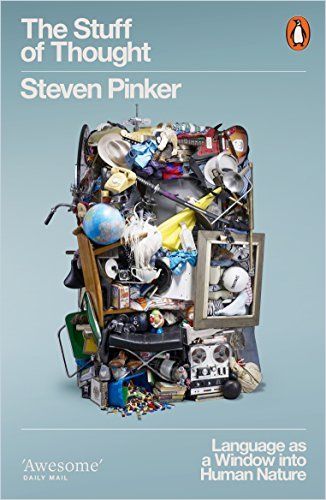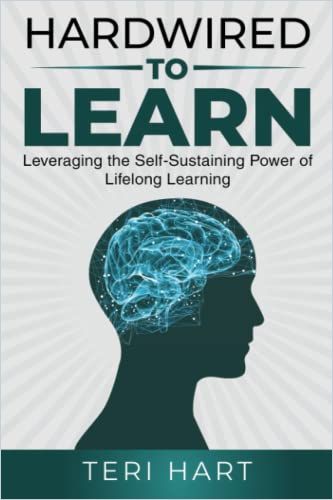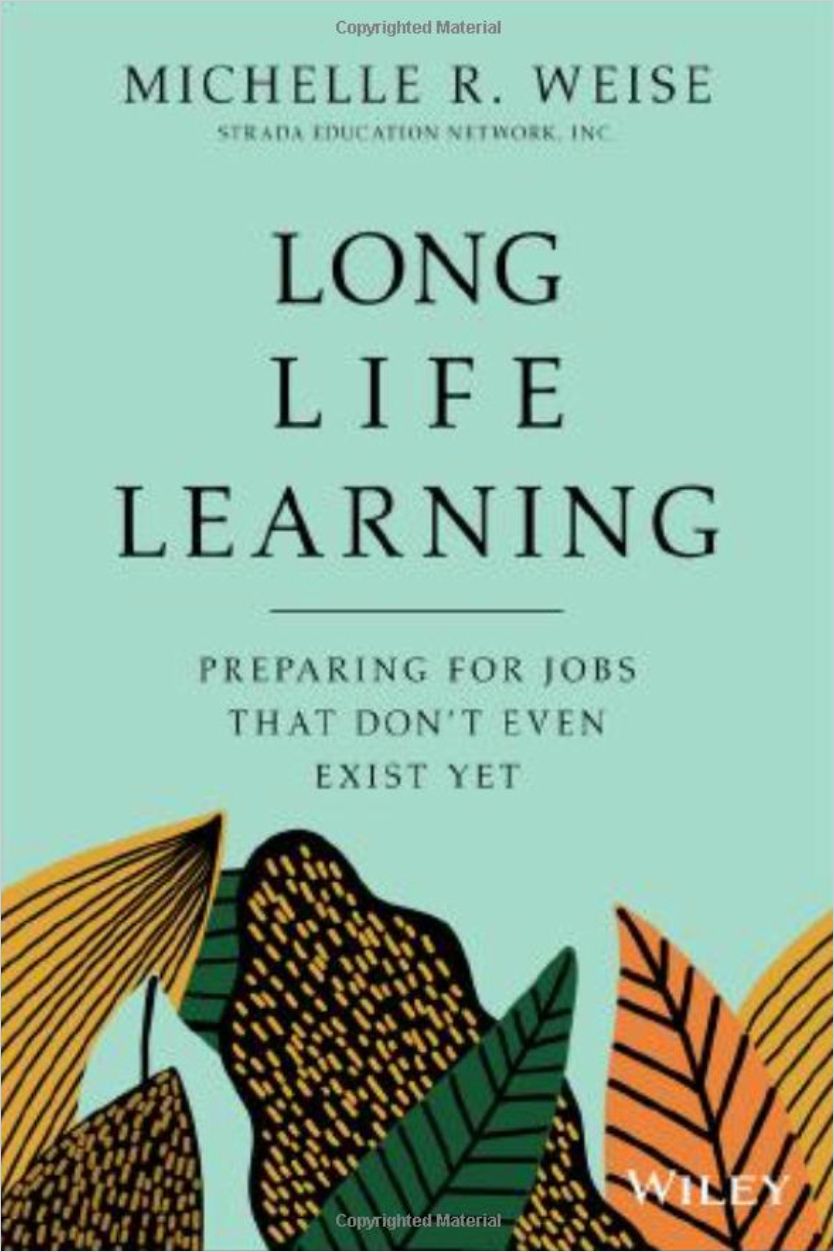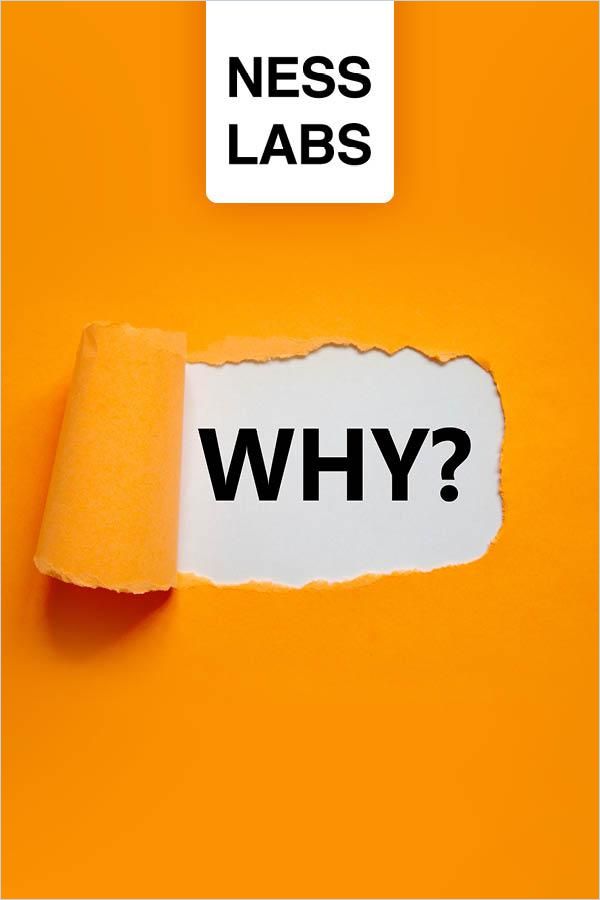How to Prepare for Jobs That Don’t Exist Yet

Talk of the ever-changing, volatile world of work sometimes obscures the view that there is more continuity than flux. There are plenty of skills, practices, habits and mind-sets that humanity has cultivated for hundreds, perhaps thousands, of years that will still be essential tomorrow. We present some of them and explain how to prepare for the future.
Skills and Practices
Language
No matter what the future of work looks like – and regardless of what machines will do for us, or make easier in the future – there are basics that will always sway the competitive relationship with robots and other humans in your favor. Above all, this involves the use of language.
That doesn’t mean orthography, but rather your expression – the processing of nuances and the precision with which you can express complex things. Simplifying doesn’t mean dumbing down – and AAA in reading and writing requires the appropriate knowledge. Those who cultivate both will always have the last laugh in the hybrid working world of the future.
Structure and Discipline
In these two fields, machines are superior to us in purely practical terms – but in combination with other human skills, structure and tenacity make the difference. While a machine learns only through imitation and repetition, you can take a logical shortcut, but only if you are reasonably organized.
Organizational skills have huge upsides in daily life, though, and as we’ve all learned in the last few exceptional years, it makes work not only much easier but also healthier. Learn how to get organized and stick it out:
Soft Skills
Living and working together becomes more exciting, more efficient and more fun when the interactions are right. This circumstance takes on particular relevance when you no longer physically meet other people on a daily basis, when the pressure dulls you and you are less motivated. The disadvantages of hybrid work, of more and more virtual encounters, must be actively countered – for health reasons as well as for practical reasons. And sugarcoating it won’t help:
If you behave like a robot, you’ll be replaced by one.
But if you cultivate your soft skills, this alone can help keep robots and machines out of the competitive fray.
There are several other skills that you’ll need to learn and cultivate – find more tips in our Future of Work channel.

And remember: Knowledge and skills that enable you to solve particular problems in the here and now may be important only for the moment – they won’t have much longevity, so take that into account when it comes to your future-proofing.
The question ‘How do I prepare a virtual board meeting well?’ used to be ‘How do I operate an assembly line?’ a hundred years ago. You get the idea…
For the latter, it is important to reposition yourself as broadly as possible, to gather contextual knowledge, and to apply it where it is needed at the moment.
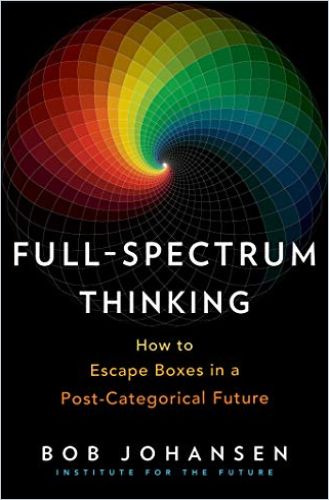
The next section explains how to persevere.
Habits
When it comes to still having something meaningful to do in the future (and getting paid for it), habits and mind-sets are almost as important as hard or soft skills.

When it comes to habits, many people have a hard time: When something changes, very often the habits have to change as well – and that is often even more difficult than applying new knowledge or expertise. However, if you adopt a few basic habits, more habits will build on them as if by themselves. Here are a few examples:
Improve Your Routines
Health is the foundation for everything you want to do – and can do. So first and foremost, make sure you live healthily, and develop healthy routines. There’s nothing to be said against the occasional after-work drink with friends. But remember:
Robots are never sick, and they are even less likely to have a hangover.
Here are two articles from our archives that lead to a lot of good tips. But tips are only really good when you put them into practice.
Become a Discoverer
Currently, there is a lot of talk about awareness and mindfulness training. This is for good reason: If you are inattentive, you miss out on problem-solving ideas, you miss out on creative capital – and that is precisely what will be important in competitive situations in the future.
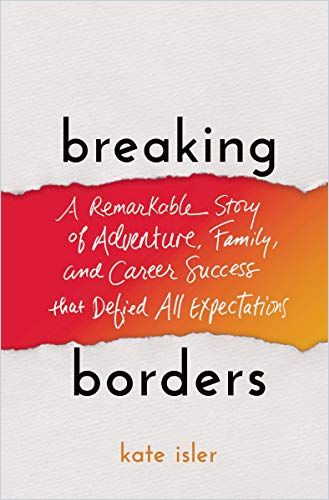
So go through life more mindfully, and give yourself enough time to focus on your work:
Simplify Your Life
The attention thing is easier the fewer distractions you have. And often, with a tidy desk comes a tidy head. So simplify your processes, your communication, your life. You’ll be surprised how much clutter you’ve accumulated around you because you’ve procrastinated for so long.
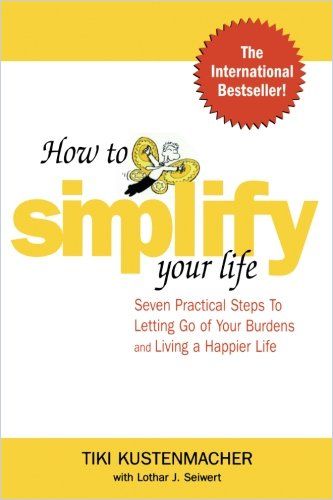
Interrupt Interruptions
When decluttering, pay special attention to your digital environment (and any devices that bomb you with push messages). Tidy desks are a good thing, but they’re of little use if there are five devices left on your desk that clutter your head with useless messages every few minutes.

The following articles will show you the best way to have a tidy digital life. We advise you to read them all carefully and calmly – and then switch off a few things.
Mind-sets
The digitized future depends on programs, and wherever things are programmed correctly, they become more efficient. Skills and processes can be automated in this way, and to a certain extent, this also applies to human work in the future; in fact, at a level where machines will not be able to hold a candle to us in the foreseeable future – in the fundamental attitudes that determine how we see the world and approach it, and how we change it.
If you ‘program’ yourself properly, set your mind right, and fine-tune it for what machines can’t do, you’ll have a competitive advantage in the new world of work.
This includes nurturing your curiosity, your own learning and growth, and your basic trust in yourself and your environment. In the following articles, you will learn these basics, and the summaries will guide you step by step to further build your advantage. By the way, unlike learning a coding or programming language, this is even fun!
